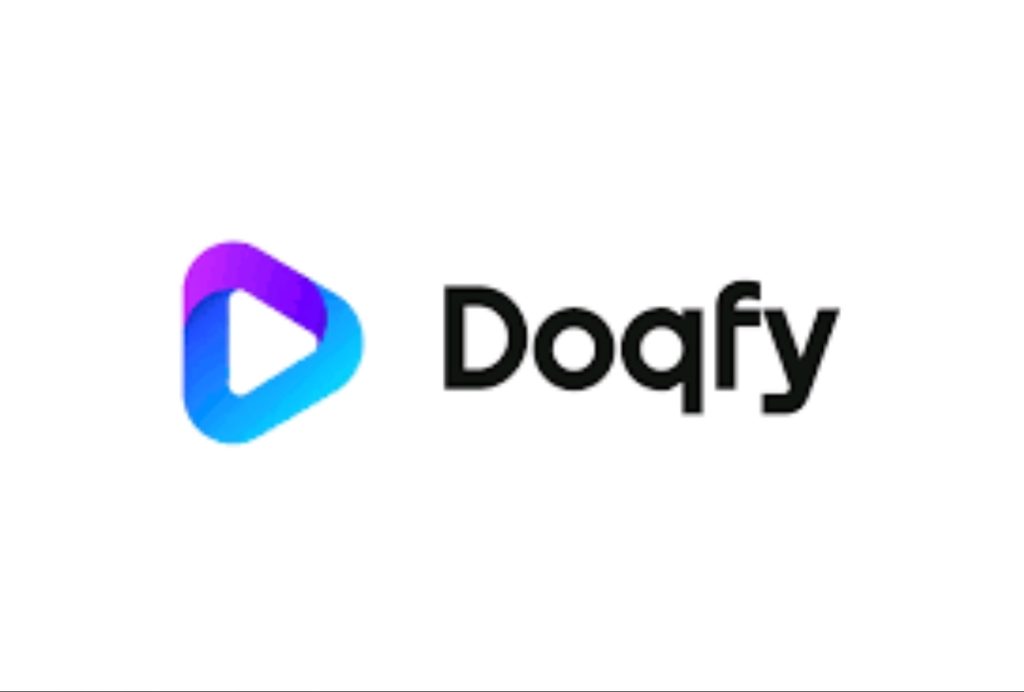In a world where customer experience is increasingly becoming the frontline differentiator across industries, LegalTech is no exception. At the intersection of technology, compliance, and business agility stands Manjula Rao, Co-Founder and Chief Customer Officer at Doqfy, a fast-scaling, AI-powered platform that’s revolutionizing enterprise contract management.
With over 15 years of leadership experience across banking, NBFCs, and IT/ITES sectors, Manjula brings a rare blend of operational precision, cross-industry insight, and people-first thinking. From managing customer-heavy processes in highly regulated environments to building modern CX systems in a tech startup, her journey offers invaluable lessons on adaptability, growth, and sustainable impact.
At Doqfy, she’s not just overseeing customer success—she’s architecting it. Under her stewardship, Doqfy has served industry giants like HDFC Bank, PhonePe, Xiaomi, and Unacademy, while maintaining profitability and scaling across BFSI, healthcare, logistics, education, and real estate. Doqfy’s 70% boost in contract visibility and 40% cost advantage over legacy CLM tools reflect a CX mindset that’s both disruptive and deeply customer-aware.
In this exclusive CX Quest interview, Manjula opens up about building scalable CX models in highly regulated sectors, the role of women leaders in reshaping LegalTech, and how she blends old-school team values with new-age agility.
CX Foundations and Evolution
Q1. Your career spans banking, NBFCs, and IT/ITES. How has this shaped your approach to customer experience at Doqfy?
MR: It has taught me the importance of trust, speed, and compliance. Whether serving a borrower at a bank or onboarding a global enterprise, the expectation is the same: seamless service with zero compromise on security. At Doqfy, I’ve fused that legacy of high-stakes CX with the agility and empathy of a startup.
Q2. What were some early lessons from managing CX in traditional finance that still apply in a fast-scaling startup like Doqfy?
MR: Consistency is everything. Even in the most tech-forward solutions, if we fail on basics like clear SLAs, transparent communication, and proactive support, we lose credibility. Also, the value of frontline teams as feedback engines has stayed with me.
Q3. Doqfy serves a wide client portfolio. How do you build a unified CX approach across such diverse industries?
MR: We built a modular CX playbook, a one core experience framework, customizable by sector. What stays constant is our commitment to onboarding speed, training support, and responsive service. The industry nuances come in through integrations, workflows, and regulatory depth.
LegalTech Disruption and Differentiation
Q4. LegalTech often lags in CX innovation. What unique CX challenges and opportunities do you see in this space?
MR: The biggest challenge? Overcoming the perception that legal = slow. The opportunity lies in educating users that digitization doesn’t mean compromise. Rather, it means 90% faster speeds and better control. Good CX in LegalTech is about confidence, not just convenience.
Q5. How does Doqfy’s AI-powered platform address core customer pain points in contract lifecycle management?
MR: Our platform digitizes the entire contract lifecycle, from contract creation, eStamping, eSignature, KYC/KYB and contract tracking. It provides comprehensive automation opportunities. This cuts turnaround time by up to 96%. AI flags expiries, auto-generates alerts, and makes compliance effortless. It replaces follow-ups and guesswork with visibility and control.
Q6. You mention 70% improved contract visibility and 40% cost reduction. What role did customer feedback play in shaping these metrics?
MR: A pivotal one. Clients told us exactly where they lost time and money. For e.g., manual stamping, version confusion, and chasing signatories. We mapped our product roadmap around solving those frictions and validated every improvement with them.
Customer Success and Retention
Q7. What frameworks have you developed for customer success at Doqfy from scratch?
MR: We built a 3-tiered success model:
1. Onboarding (setup + training)
2. Value acceleration (automation + integration)
3. Long-term partnership (feedback loops + QBRs).
We also proactively resolve pain points before they escalate.
Q8. What does your customer retention strategy look like in a high-stakes, B2B SaaS environment?
MR: It starts with delivering early wins. Clients must see ROI within a short duration of adopting Doqfy. Beyond that, we use data-led nudges, responsive support, and deep relationship building to make ourselves indispensable. Every renewal is earned, not assumed.
Q9. Can you share a moment when a CX insight directly led to a product or process pivot at Doqfy?
MR: A major client flagged delays due to manual process for their business agreements which involved physical documents and logistics across the country. That feedback led us to build out a digital agreement workflows, which now sets us apart. CX literally shaped the product.
Leadership, Culture, and Women in Tech
Q10. As a woman CX leader in LegalTech, how do you view the changing dynamics of leadership in this domain?
MR: It’s evolving. Clients value empathy, precision, and credibility, all areas where women leaders naturally excel. I’ve seen more openness to diverse leadership, but we still have work to do to make LegalTech more inclusive.
Q11. What advice would you give to other women looking to lead in male-dominated tech sectors?
MR: Own your voice. Don’t shrink your standards to fit in. Build your technical depth but also lean into emotional intelligence as it’s not a weakness, it’s a superpower.
Q12. How do you balance high-trust, people-first leadership with the demands of startup-scale execution?
MR: By being radically transparent. I set clear goals but allow autonomy in how teams reach them. When people feel safe, they move faster. Trust isn’t a trade-off. Rather, it’s a growth enabler.

Future of CX at Doqfy
Q13. What are your CX priorities for the next 12-18 months?
MR: Scaling our success playbook, reducing onboarding time by 50%, and expanding self-serve CX options.
Q14. How do you plan to keep innovating while remaining profitable and lean?
MR: By listening. Innovation isn’t always shiny. It’s solving real pain points better and faster. We prioritize features that drive customer ROI and operational savings. Every build must pay its way.
Q15. What’s the one CX principle you never compromise on, no matter how fast the company grows?
MR: Empathy at scale. We’re in LegalTech, but we never forget the people behind the process. If our product or service ever makes someone’s day harder, then we’ve failed, no matter the metrics.
Closing
Manjula Rao’s story isn’t just one of professional ascent—it’s a blueprint for customer-centric transformation in emerging tech sectors. By fusing her deep understanding of legacy customer expectations with an eye for SaaS agility, she has turned Doqfy into more than just a contract management platform. It’s a customer-driven ecosystem built on trust, adaptability, and impact.
Her ability to build success frameworks from scratch, navigate regulated markets, and mentor high-performing teams offers rare insight into what makes a modern CX leader. As the LegalTech space matures, it is leaders like Manjula—empathetic, strategic, and audacious—who will shape its trajectory.
At CX Quest, we believe customer experience is not a function—it’s a philosophy. And Manjula Rao exemplifies this every step of the way.

